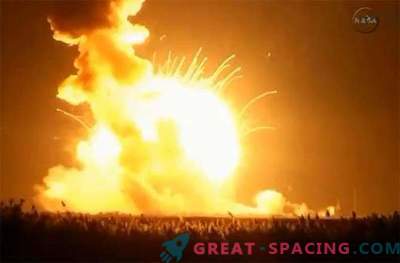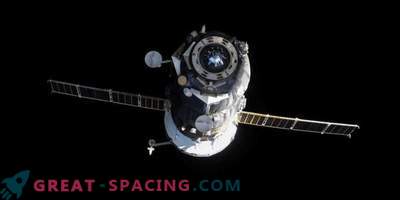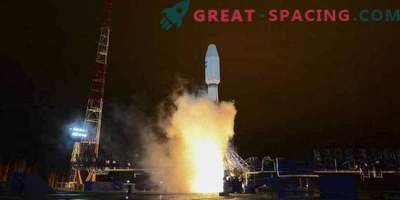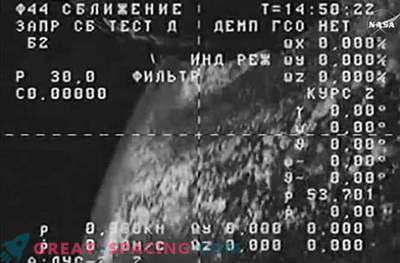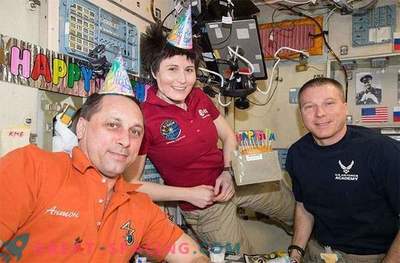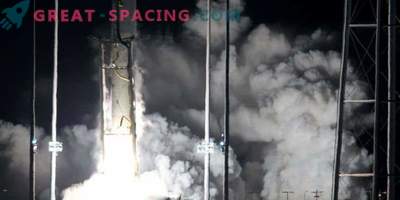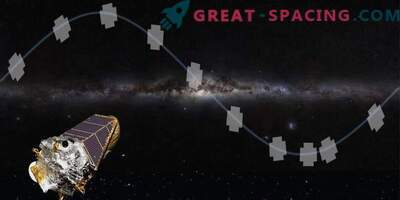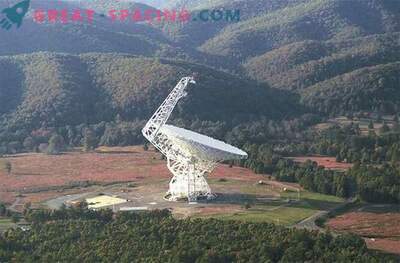
A few hours after the catastrophic failure of the Antares rocket of the Orbital Sciences Corp. corporation, Russian Soyuz carrier rocket launched a successful launch of the Progress unmanned spacecraft at another point in the world, which arrived at the space station 6 hours later.
Packed with 3 tons of food and materials for the International Space Station (ISS), the spacecraft Progress 57 was launched from the Baikonur cosmodrome in Kazakhstan at 3:09 am EDT (1:09 pm local time) on Wednesday. Moving along the shortest route to the space station, the vehicle docked to the ISS at 9:08 am EDT.
This contrasts sharply with the launch of the Antares rocket, which was carrying the cargo ship Orbital Sciences' Cygnus, equipped with 2.5 tons of useful material. "A few seconds after starting at NASA Wallops Space Flight Facility in Virginia at 6:22 pm EDT (Tuesday), the rocket began to plummet to Earth, caused by some problems at the first stage," Frank Kulberston told reporters after the incident. executive vice president of Orbital Sciences.
The space station crew has a definite contingency plan for an unsuccessful attempt to replenish their mission stocks. Astronauts should not experience any shortages in the event of Antares disaster. Orbital Sciences Corp. is one of the American companies that have entered into a contract with NASA to deliver cargo to the ISS. Another company is Space Exploration Technologies by Elon Musk (SpaceX), which will send its fourth supply mission in December.
The Antares rocket was successfully launched four times, although the failure during testing in May caused considerable damage to one of the engines. Built in Russia in the 1960s, the AJ26-62 rocket engines used by Antares were modified by the Aerojet Rocketdyne.
The cause of the disaster that occurred on Tuesday has not yet been established. Currently assessing the extent of damage to the Antares cosmodrome. NASA warned the public not to approach the site of the explosion, as the potentially hazardous fuel used in the second-stage rocket could contaminate a nearby area.
Meanwhile, in orbit, the Progress 57 vehicle will remain docked to the ISS for 6 months.
